The never-ending wonder of Pompeii
A luxury bathhouse is the latest treasure to be uncovered at the 'gift that keeps on giving'
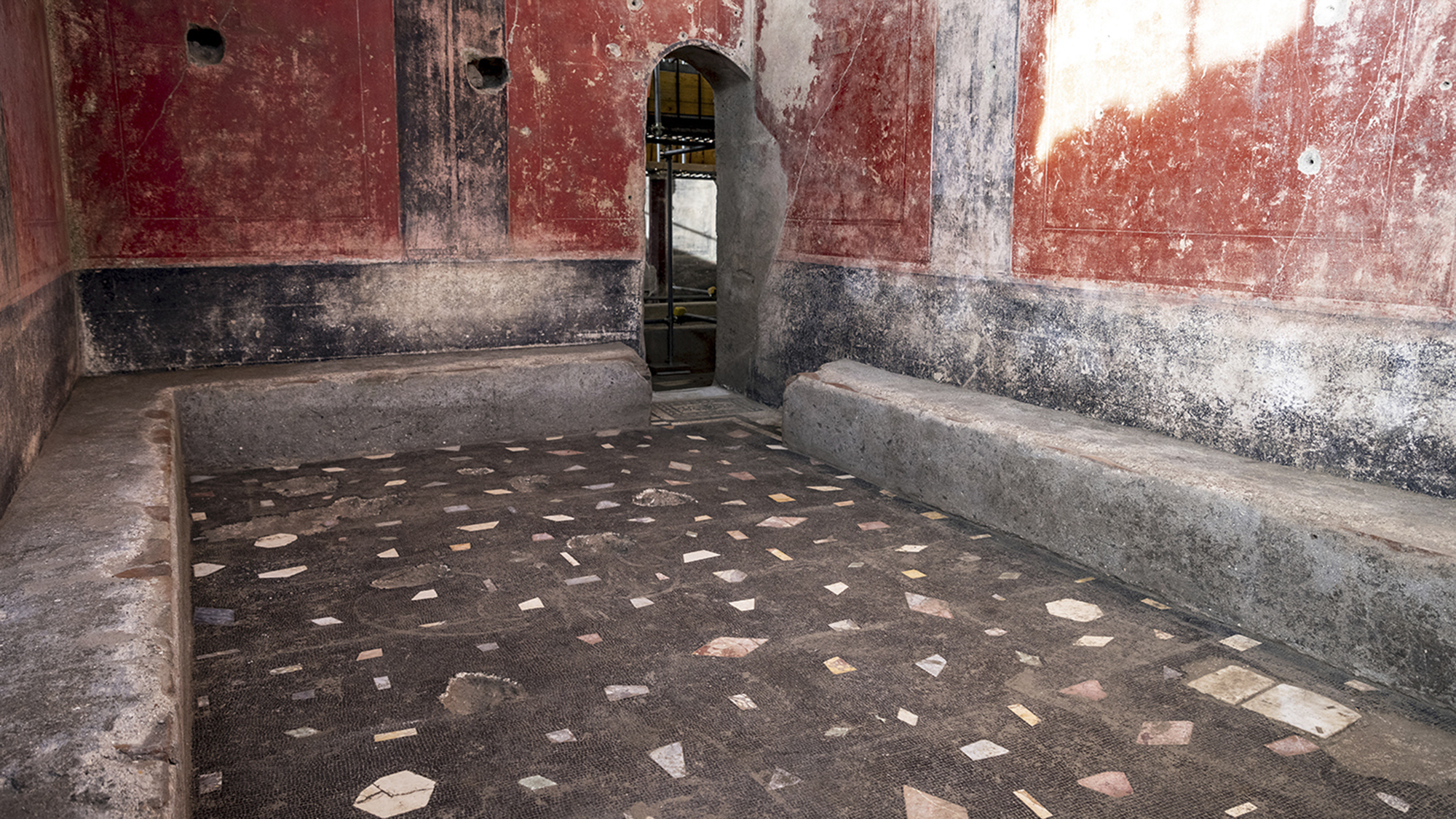
A free daily email with the biggest news stories of the day – and the best features from TheWeek.com
You are now subscribed
Your newsletter sign-up was successful
Archaeologists have uncovered an extravagant private bath complex in Pompeii, shedding further light on the ancient Roman city's grandeur prior to its destruction by Mount Vesuvius in AD79.
You might think a site that has been excavated since the 18th century has "little left to surprise us with", said The Independent. But Pompeii is "the gift that just keeps on giving".
Splendour and esteem
The bathhouse has been described in the sort of language reserved for modern luxury holiday resorts. It housed "hot, warm, and cold rooms" and accommodated up to 30 guests, "offering them relaxation" before entering a nearby banquet hall "adorned with Greek mythology scenes", said Dev Discourse. A large basin within a central courtyard only "enhances the house's splendour", and it's believed to belong to an "esteemed member of society during its final years".
The Week
Escape your echo chamber. Get the facts behind the news, plus analysis from multiple perspectives.

Sign up for The Week's Free Newsletters
From our morning news briefing to a weekly Good News Newsletter, get the best of The Week delivered directly to your inbox.
From our morning news briefing to a weekly Good News Newsletter, get the best of The Week delivered directly to your inbox.
So the venue was "lending itself" to important occasions for the owner to "secure an electoral consensus, promote the candidacy of family or friends", or "merely display their social status", said CNN.
Extraordinary house
The bathhouse is "the latest find to emerge" from this "extraordinary house" in the area of the city known as Regio (Region) IX, said the BBC. Last year, archaeologists uncovered a vast banqueting room with "breathtaking artwork of classical scenes".
Although it was painted black, this was "no grunge-teenager room", said The Independent. Rather it included "exquisitely painted scenes from myth", including one fresco portraying "the king of the gods, Zeus, in disguise as a swan". There was also a smaller, "more intimate" room, where residents of the house would "go and pray to the gods".
Excavations in Regio IX have "yielded" other treasures since they began in February 2023, said The Guardian. These have included a "cramped" bakery where enslaved people were thought to have been imprisoned and "made to produce bread". There is also a laundry, which, like other laundries in ancient Italy, used urine as their "key active cleaning ingredient", said The Independent.
A free daily email with the biggest news stories of the day – and the best features from TheWeek.com
The excavations have also unearthed the remains of 1,000 of the city's ancient inhabitants, including two bodies inside a private residence within the bathhouse – a woman estimated to have been between 35 and 50 years old, clutching jewellery and coins, and a much younger man.
Cheek by jowl
The contrast between the drudgery of a hot, crowded bakery or urine-soaked laundry room and the lavish bathhouse show that "two very different styles of life" are "set cheek by jowl with one another" in Pompeii, said The Independent. This was "often the norm" in ancient Roman cities, which had "no luxury leafy suburbs separate from the industrial areas of town", but a "much more mixed up" and "starkly contrasting, urban fabric".
"Every day here is a surprise," Dr Anna Onesti, director of the excavation, told the BBC, ahead of this evening's BBC Two documentary "Pompeii: The New Dig". "Sometimes in the morning I come to work thinking that it's a normal working day – and then I discover we found something exceptional."
Chas Newkey-Burden has been part of The Week Digital team for more than a decade and a journalist for 25 years, starting out on the irreverent football weekly 90 Minutes, before moving to lifestyle magazines Loaded and Attitude. He was a columnist for The Big Issue and landed a world exclusive with David Beckham that became the weekly magazine’s bestselling issue. He now writes regularly for The Guardian, The Telegraph, The Independent, Metro, FourFourTwo and the i new site. He is also the author of a number of non-fiction books.
-
 Political cartoons for February 15
Political cartoons for February 15Cartoons Sunday's political cartoons include political ventriloquism, Europe in the middle, and more
-
 The broken water companies failing England and Wales
The broken water companies failing England and WalesExplainer With rising bills, deteriorating river health and a lack of investment, regulators face an uphill battle to stabilise the industry
-
 A thrilling foodie city in northern Japan
A thrilling foodie city in northern JapanThe Week Recommends The food scene here is ‘unspoilt’ and ‘fun’
-
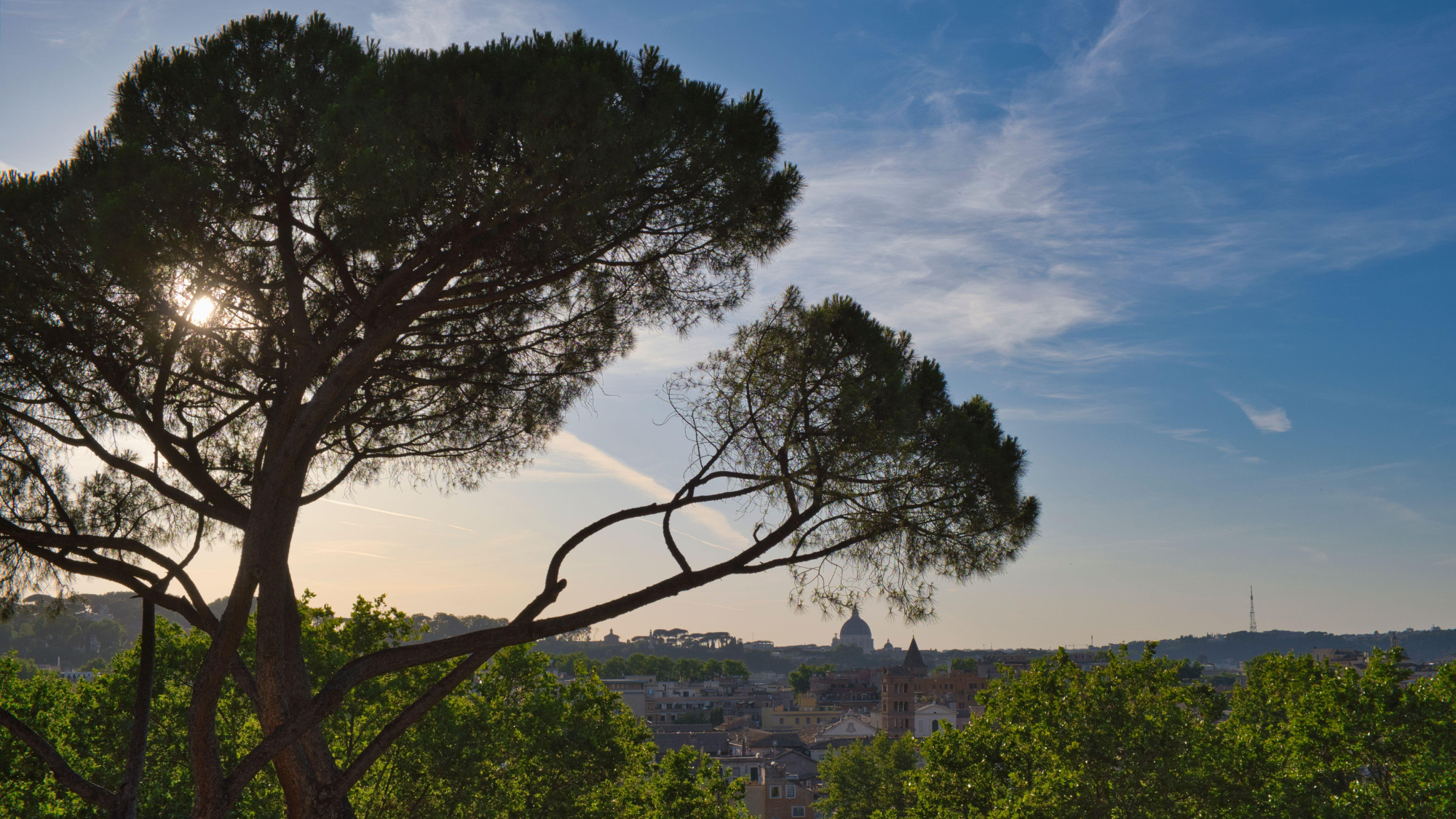 Ssh! Secret gardens to visit this summer
Ssh! Secret gardens to visit this summerThe Week Recommends These leafy havens are the perfect place to escape the crowds
-
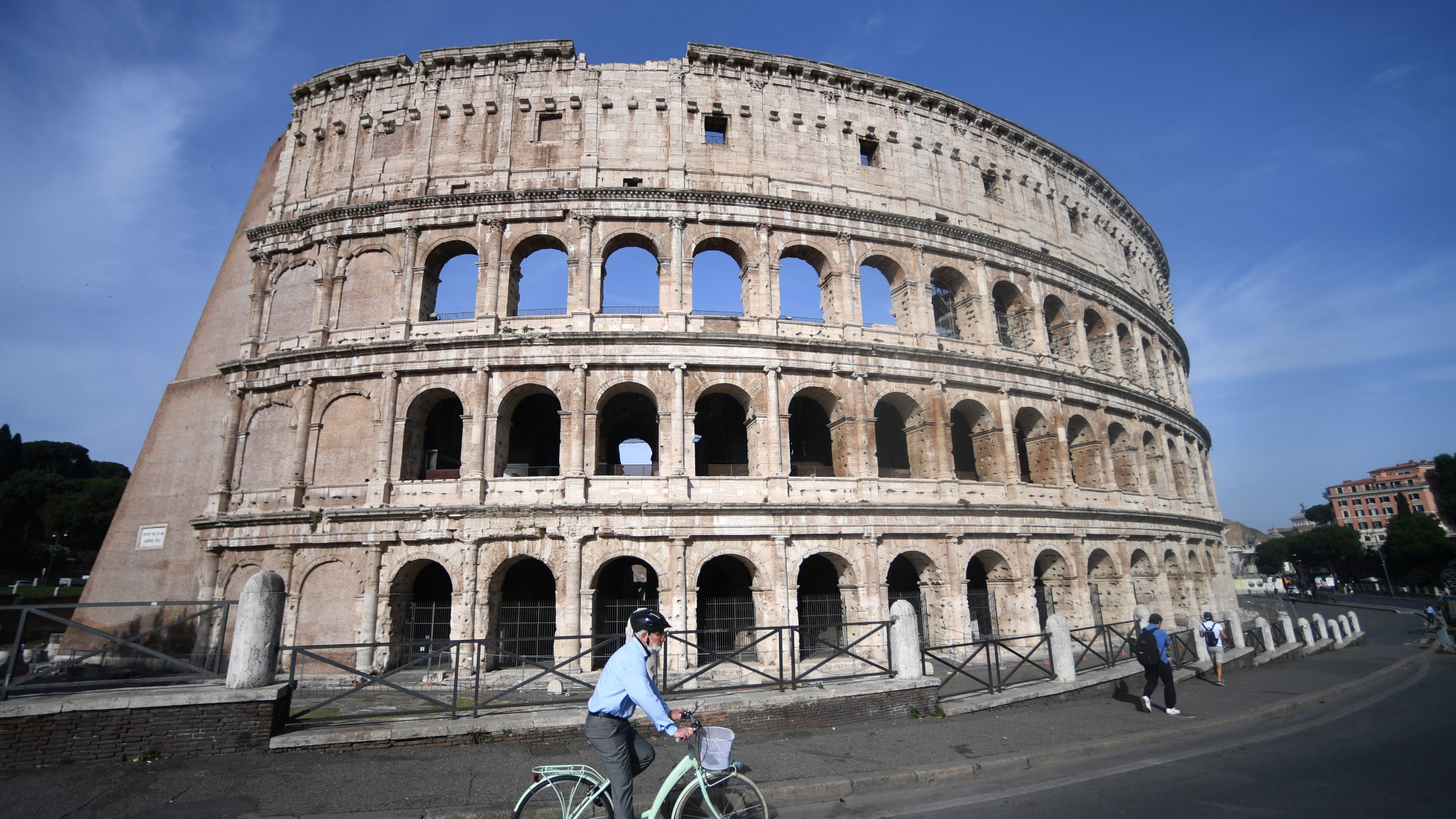 This week's dream: Exploring Rome's underground
This week's dream: Exploring Rome's undergroundFeature Beneath Rome's iconic landmarks lies a hidden world
-
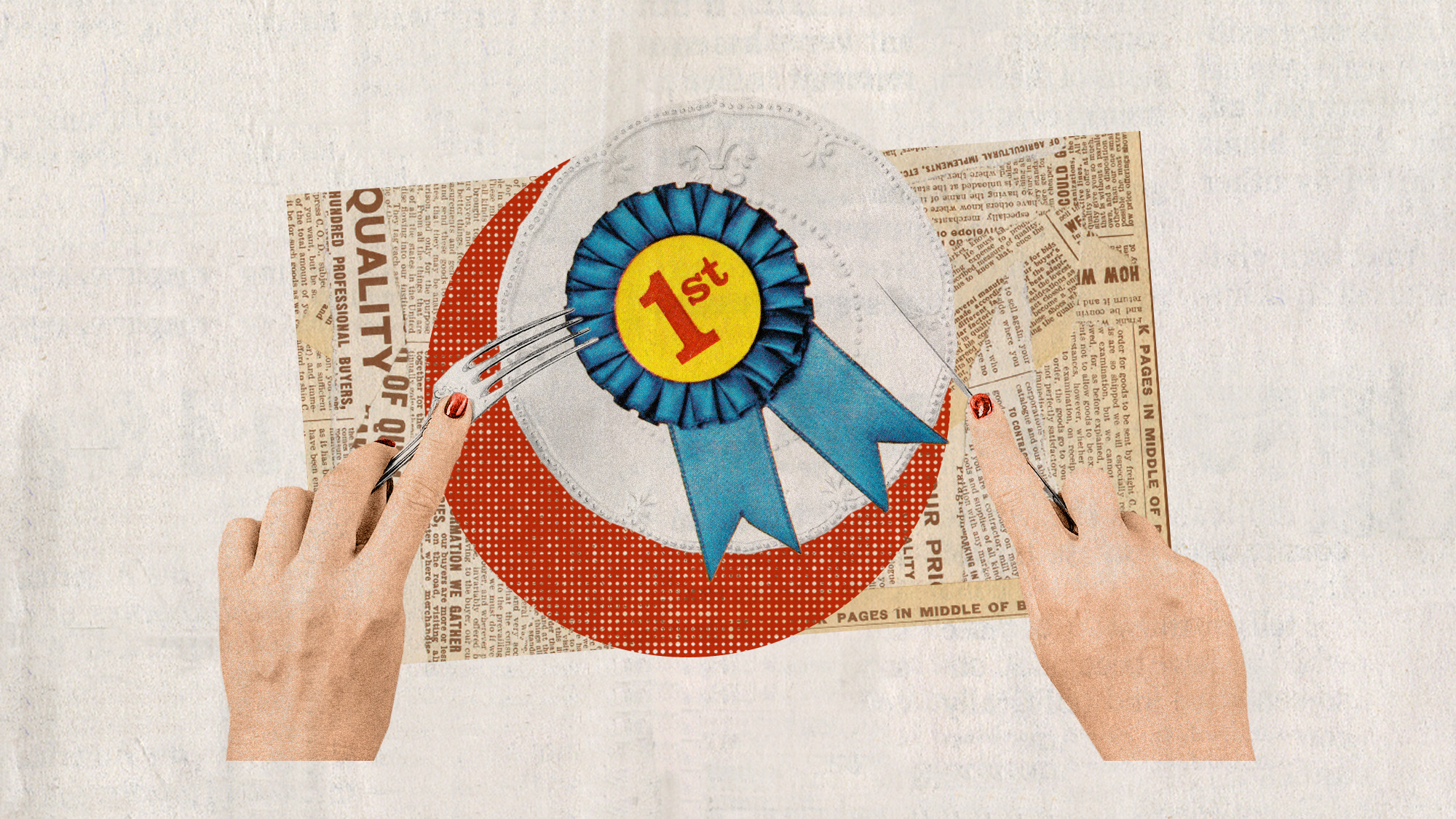 The battle to be named the world's oldest restaurant
The battle to be named the world's oldest restaurantUnder The Radar Two Madrid restaurants dispute the historical record but could both of their claims be cooked?
-
 8 eagerly awaited hotels opening in 2025
8 eagerly awaited hotels opening in 2025The Week Recommends A new year means several anticipated hotel openings are on the horizon
-
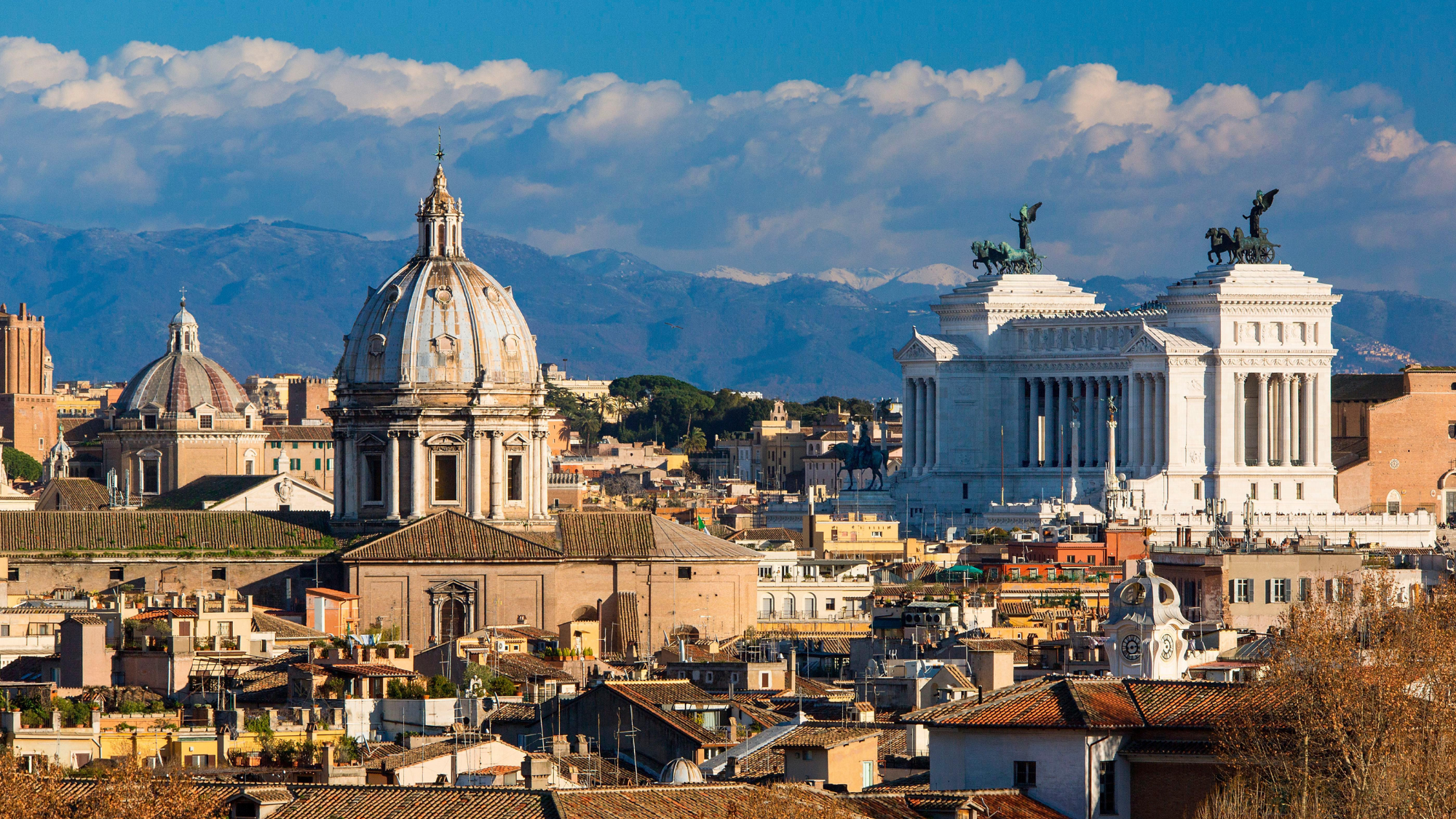 A solo weekend in Rome and the Vatican City
A solo weekend in Rome and the Vatican CityThe Week Recommends Slow down and enjoy the magnificent sights at your own pace
-
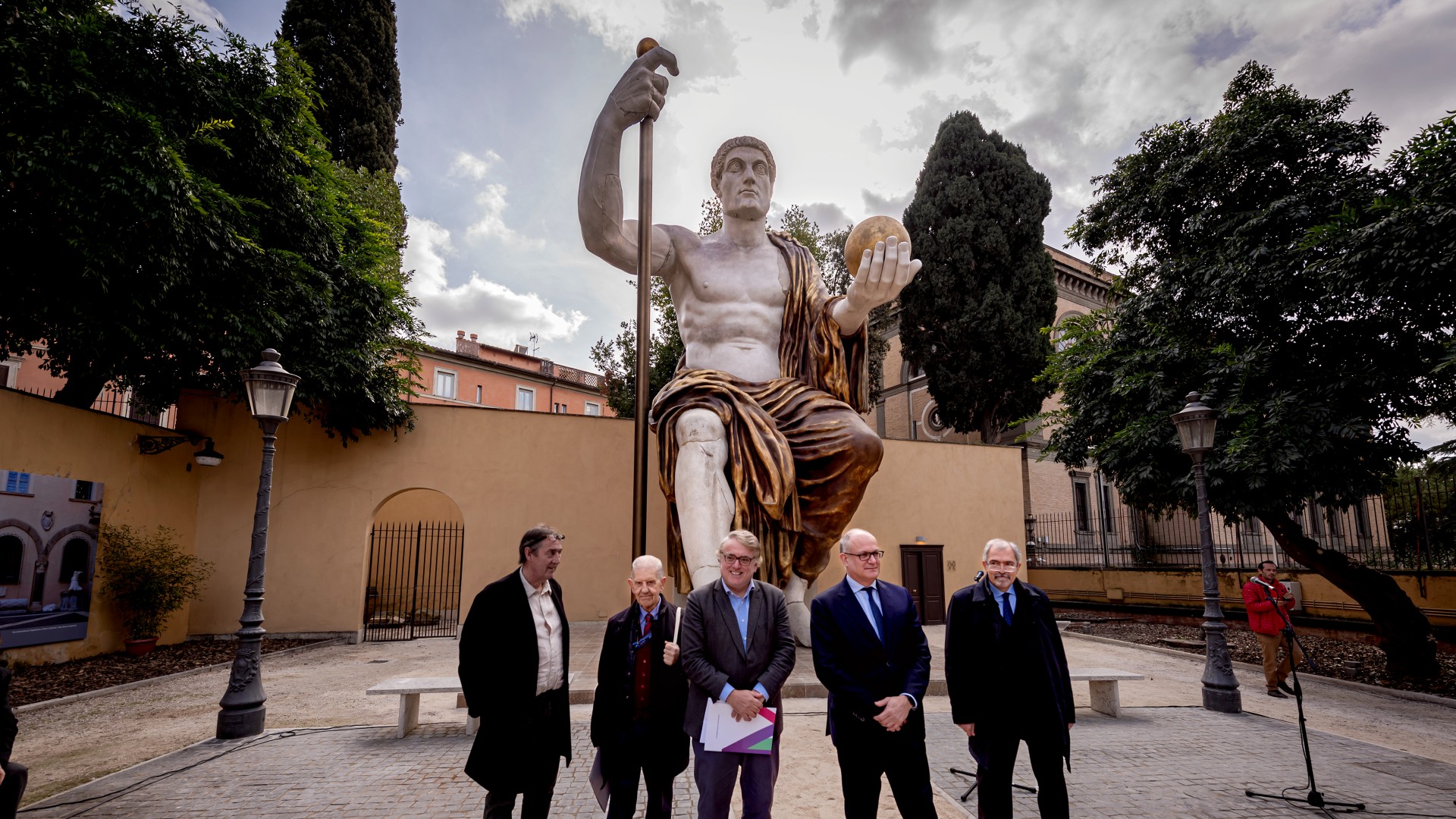 Rome's Colossus of Constantine
Rome's Colossus of ConstantineIn the Spotlight British artist digitally reconstructs original from remaining fragments to create new statue of Roman emperor
-
 2023: the year of overtourism backlash
2023: the year of overtourism backlashThe Explainer People are traveling again … maybe too much
-
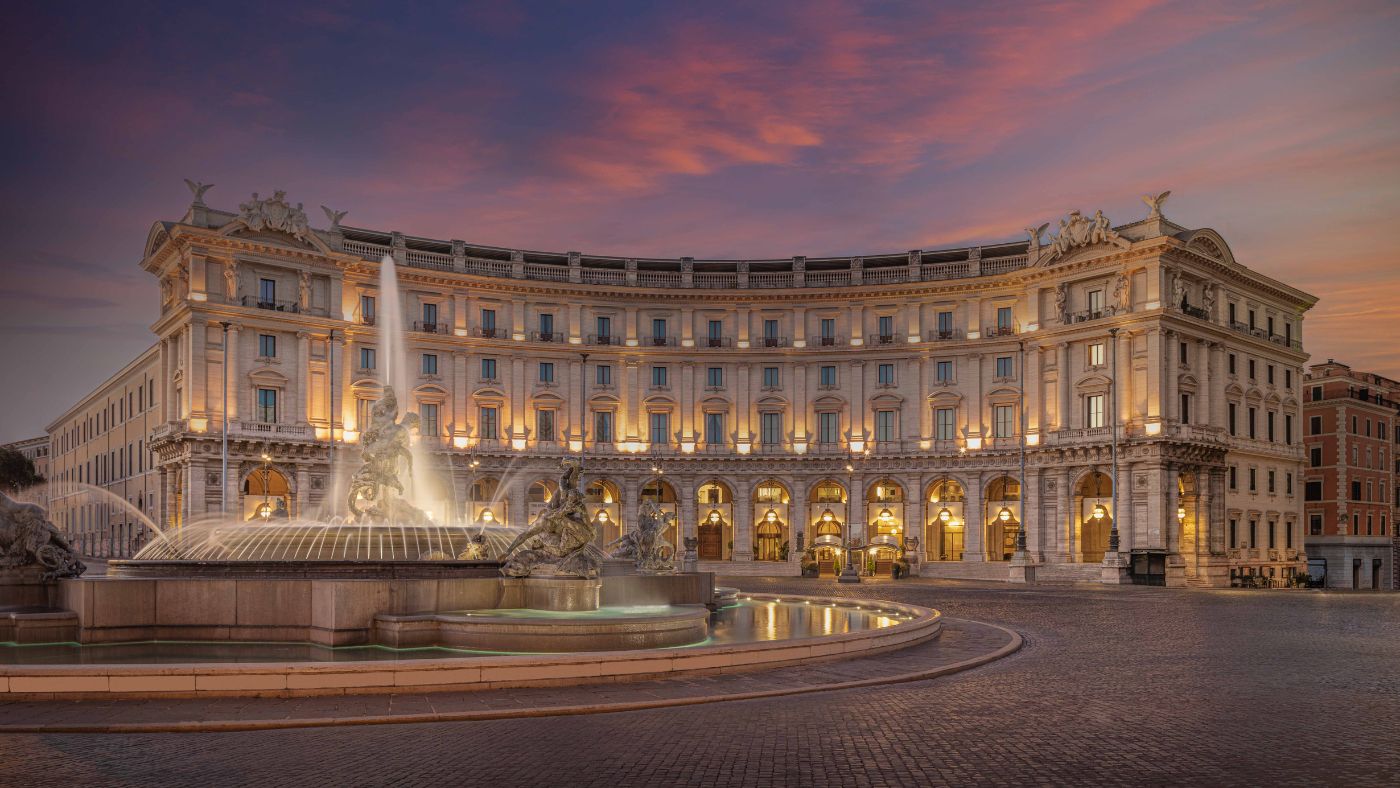 Anantara Palazzo Naiadi Rome Hotel review: opulence in the Eternal City
Anantara Palazzo Naiadi Rome Hotel review: opulence in the Eternal CityThe Week Recommends One of Rome’s grandest hotels also has rich connections to the city’s ancient past